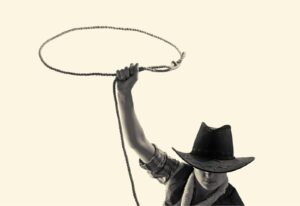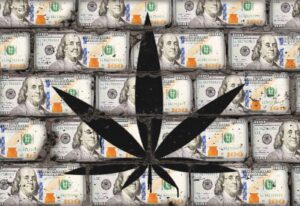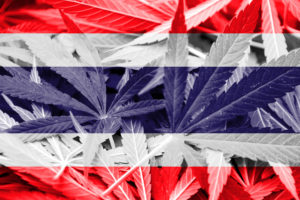Lawyers are used to selling services. For the past year-and-a-half, we have been selling a product as well. That product is an exhaustively researched and continuously updated 50-state survey of Hemp CBD rules and regulations. The survey is broken down by category: ingestible, smokable and cosmetic CBD products. Before we get too far into how that works and what it costs, it’s worth explaining how we got here.
Toward the end of 2018, we signed a pair of well known, national retail clients. In-house lawyers for these clients called us in anticipation of hemp legalization under the 2018 Farm Bill. At that time, it seemed certain that hemp would be legalized federally, and businesspeople in these giant chains already had forged ahead with sourcing Hemp CBD products. The lawyers were concerned about the legality of these products under both federal and state laws.
Although the 2018 Farm Bill changed nothing with respect to Food and Drug Administration (“FDA”) authority to regulate hemp products, many retailers were already selling Hemp CBD products in late 2018. Our advice on what the new federal laws allowed was straightforward; however, the state-by-state analysis was dynamic to say the least. States took wildly different approaches and those approaches were changing rapidly (and still are, in many cases).
To deal with this framework, we compiled expansive, 50-state surveys to show each state’s position on the sale of Hemp CBD in three product categories:
- Ingestible products (foods, beverages, dietary supplements and other consumable goods for humans)
- Smokable products (dried flower, vaping products and cigarettes)
- Cosmetic products (salves, lotions and other topicals)
States have adopted distinct and evolving approaches to regulate these products, often inconsistent with FDA positions. For example:
- Some states allow the manufacture and sale of all Hemp CBD products, including foods, dietary supplements, smokable products, and cosmetics.
- Other states strictly prohibit the production and/or sale of any such products unless Hemp CBD is used for “medical treatment.”
- A number of states ban Hemp CBD foods and dietary supplements but seem to take no issue with the sale of other nonfood or non-beverage products (such as Hemp CBD cosmetics).
- A handful of states allow the sale and marketing of Hemp CBD foods and dietary supplements but strictly prohibit the sale or restrict the processing and manufacturing of Hemp CBD smokables within their borders.
In addition, some of the states that legalized the sale of Hemp CBD products have their own set of regulations, including but not limited to:
- registration and/or permitting requirements
- labeling rules
- testing requirements
This patchwork of state-by-state regulations forces manufacturers and distributors of Hemp CBD products to follow a variety of regulations in each state where products are sold and to limit sales to jurisdictions in which products are deemed lawful– all against the backdrop of FDA law.

























